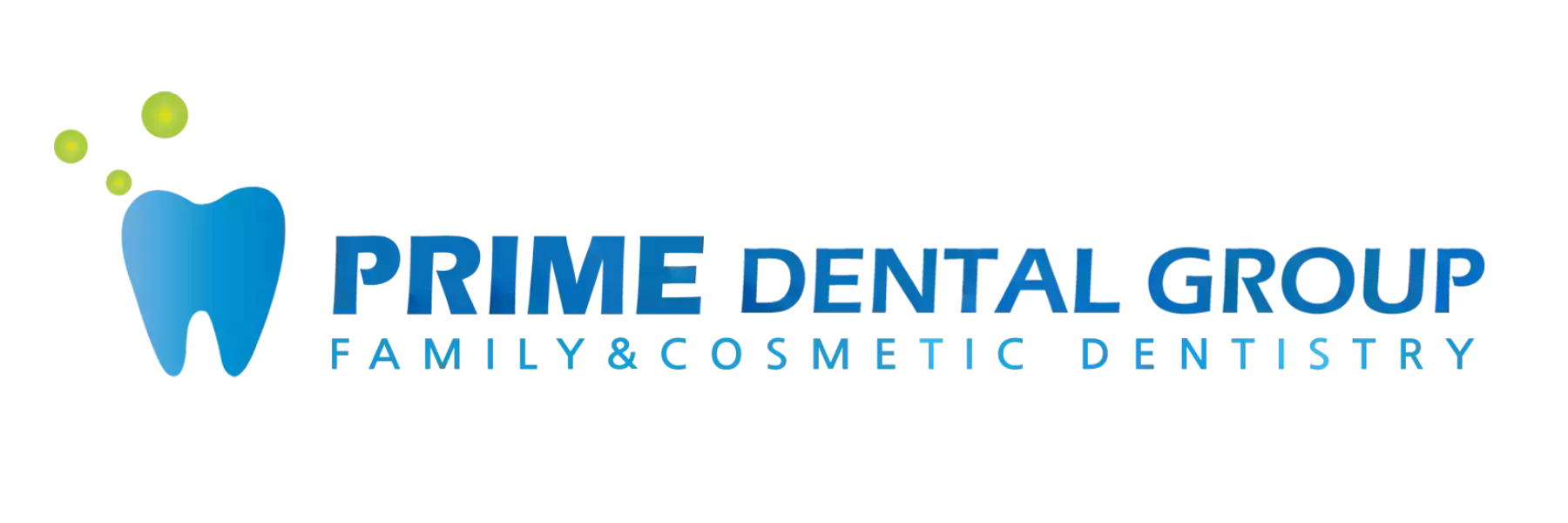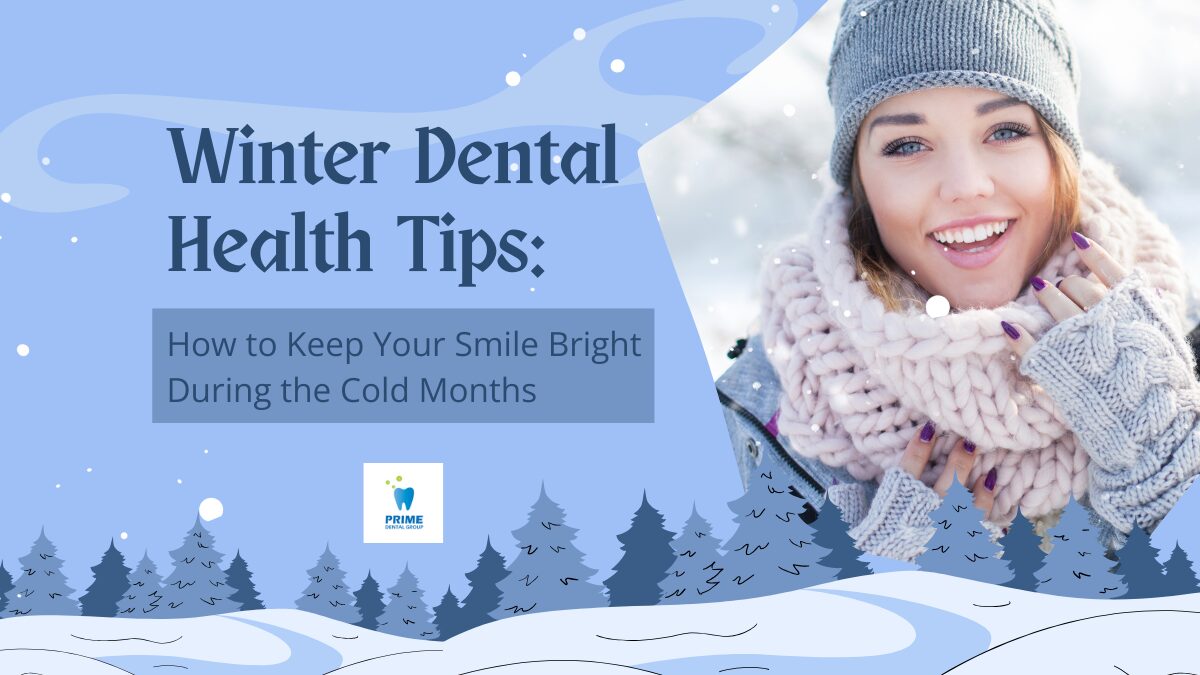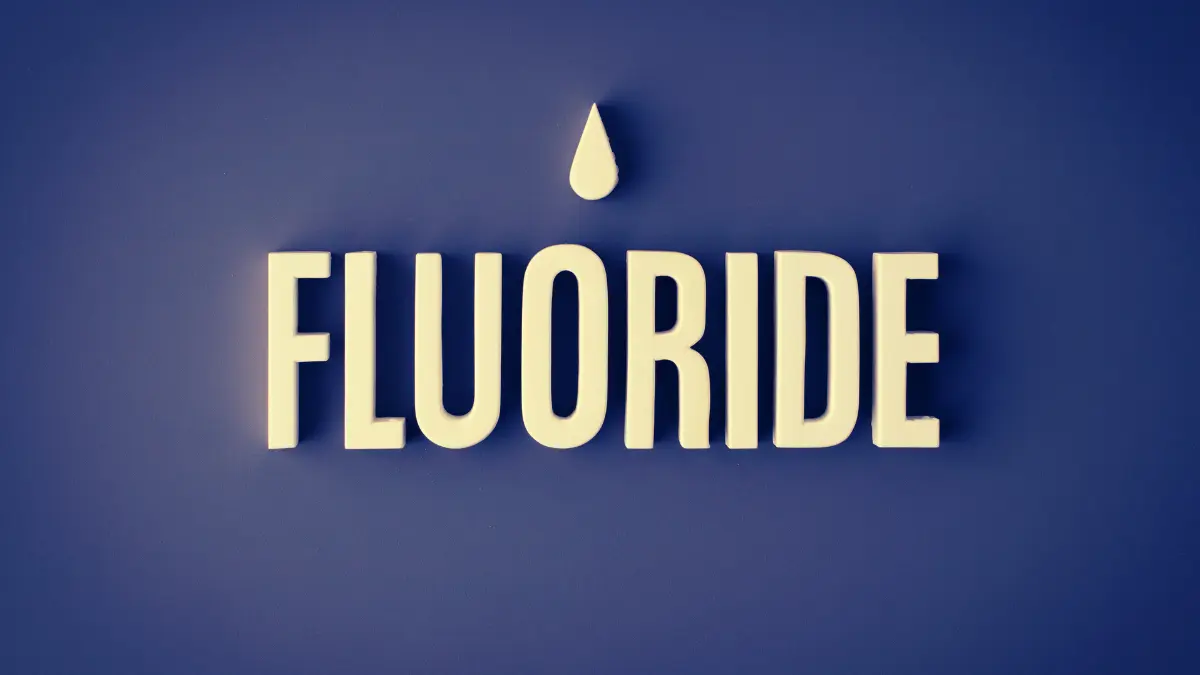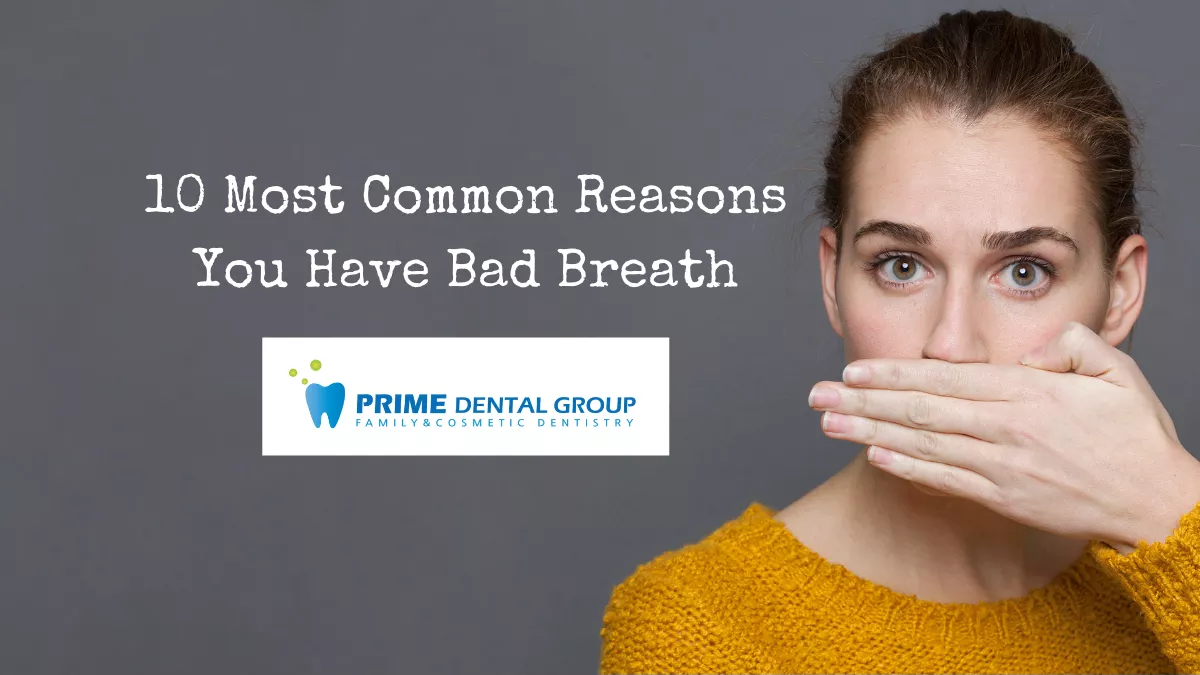The Connection Between Sleep Apnea and Oral Health: Understanding the Critical Link
Sleep apnea is a common sleep disorder that affects 25 million American adults. It causes breathing to stop and start during sleep, which is dangerous for our health. Research shows that sleep apnea and oral health are closely linked. Poor oral health can lead to sleep apnea, and sleep disorders can harm our teeth and gums.
Key Takeaways
- Sleep apnea affects 25 million American adults, according to the American Academy of Sleep Medicine.
- Poor oral health can contribute to sleep apnea by causing swollen and inflamed oral tissues that obstruct the airway.
- Sleep apnea can lead to dry mouth, increasing the risk of cavities, gum disease, and oral infections.
- Good oral hygiene practices can help maintain oral health and alleviate sleep apnea-related dental issues.
- Collaborative care involving dentists, sleep specialists, and primary care physicians is essential for diagnosing and treating sleep apnea effectively.
- Regular dental check-ups every six months are critical for patients with sleep apnea to monitor oral health and address related issues.
It’s important to understand the link between sleep apnea and oral health for our overall well-being. Sleep apnea is linked to serious health issues like high blood pressure, stroke, diabetes, and heart disease. By recognizing the signs of sleep apnea and taking care of our teeth and gums, we can lower our risk of these problems.
Understanding Sleep Apnea and Its Impact on Oral Health
Sleep apnea is a common disorder that stops breathing while we sleep. It affects our health and our teeth. Knowing its signs and causes is key to managing it well.
What is Sleep Apnea?
Sleep apnea means we stop breathing while we sleep. There are two main types:
- Obstructive Sleep Apnea (OSA):strong> The most common form, caused by a blocked airway.
- Central Sleep Apnea: Occurs when the brain fails to signal the muscles to breathe.
The Oral-Systemic Health Connection
Sleep apnea and oral health are closely linked. Sleep apnea can cause many dental problems:
- Dry mouth increases the risk of cavities.
- Bruxism or teeth grinding.
- Higher risk of gum disease.
Common Signs and Symptoms
Spotting sleep apnea means knowing these symptoms:
- Loud snoring and breathing pauses.
- Daytime sleepiness and fatigue.
- Dry mouth and morning headaches.
- Frequent nighttime urination.
| Type of Sleep Apnea | Causes | Risks |
|---|---|---|
| Obstructive Sleep Apnea (OSA) | Blocked airway due to throat muscles | Gum disease, tooth decay, bruxism |
| Central Sleep Apnea | Brain fails to send breathing signals | Daytime fatigue, decreased concentration |
How Oral Health Problems Can Contribute to Sleep Disorders
Poor oral health and sleep are closely linked. Dental issues like TMJ disorders, bruxism, and mouth breathing can disrupt sleep. They can also lead to sleep apnea.

Studies reveal that 19.79% of people with sleep disorders have dental pain. This is compared to 11.8% without sleep issues. Also, periodontal disease affects nearly 20% of those with sleep disorders. This is much higher than the 12.25% in the general population.
- TMJ Disorders: These affect the jaw joint, causing pain and discomfort. This can interfere with breathing during sleep.
- Bruxism: Teeth grinding or jaw clenching often disrupts sleep. It also increases the risk of snoring and sleep apnea.
- Mouth Breathing: Habitual mouth breathing can cause dryness and inflammation. This makes snoring more likely.
Also, individuals with sleep disorders are 1.58 times more likely to experience oral aches. They are 1.59 times more likely to feel emotionally distressed about their oral health. Fixing these dental problems is key to improving both oral health and sleep quality.
The Biological Mechanism Behind Sleep Apnea and Dental Issues
It’s key to understand how sleep apnea and oral health are connected. Sleep apnea often causes mouth breathing. This can really hurt your teeth and gums.
Inflammation and Oral Health
Chronic sleep apnea makes your body, including your gums, inflamed. High levels of TNF-α are linked to more gum disease in sleep apnea patients. This inflammation can make periodontal disease worse, leading to more oral health problems.
The Role of Jaw Position
The way your jaw is aligned is very important for sleep apnea. If your jaw is not in the right position, it can block your airway. This makes sleep apnea worse. Dental appliances can help fix this by improving airflow during sleep.
Impact on Salivary Function
Mouth breathing from sleep apnea causes dry mouth. This lowers the amount of saliva you make. Saliva is important for fighting acids and preventing tooth decay. Without enough saliva, you’re at higher risk for cavities, plaque, and gum inflammation.

| Condition | Impact on Oral Health |
|---|---|
| Sleep Apnea | Mouth breathing, leading to dry mouth and increased risk of cavities. |
| Inflammation | Higher TNF-α levels correlate with periodontal disease severity. |
| Jaw Position | Improper alignment can worsen airway obstruction and sleep apnea. |
| Salivary Function | Decreased saliva leads to plaque buildup and gum inflammation. |
Identifying Oral Health Risk Factors for Sleep Apnea
Knowing about sleep apnea risks is key to stopping and managing it. Many oral health issues can raise the chance of getting sleep apnea. This shows how oral health is important in sleep disorders.
- Jaw Size: A small jaw can make the airway smaller, raising the risk of blockage during sleep.
- Tongue Size: A big tongue can block the airway, causing apnea episodes.
- Oral Anatomy: Issues like a narrow palate can limit airflow, making sleep apnea worse.
- Large Tonsils or Tongue: These can block the airway, making breathing hard during sleep.
- Dental Malocclusions: Teeth or bite problems can affect airway position and function.

Other factors like being overweight, having a family history of snoring, and being male also matter a lot. Dentists can spot these risks during regular check-ups. They use tools like the Mallampati index to check airway blockage chances.
| Risk Factor | Impact on Sleep Apnea |
|---|---|
| Small Jaw | Reduces airway space, increasing obstruction risk |
| Enlarged Tongue | Blocks the airway, leading to apnea episodes |
| Narrow Palate | Restricts airflow, worsening sleep apnea |
| Large Tonsils | Physically obstruct the airway during sleep |
| Dental Malocclusions | Affects airway positioning and function |
Dental Treatments and Oral Appliances for Sleep Apnea Management
Managing sleep apnea often requires a multifaceted approach, and dental treatments play a key role. Oral appliances for sleep apnea are a popular choice for those looking for sleep apnea treatment without CPAP machines.
Types of Oral Appliances
The most common oral appliance is the mandibular advancement device (MAD). MADs gently pull the lower jaw forward, increasing airway space and improving airflow. Another option is the tongue-stabilizing device (TSD), which keeps the tongue forward to prevent airway blockage. TSDs are less common but can be used by those who can’t use MADs due to dental issues.
Custom-Fitted Devices
Custom-made oral appliances are more effective than over-the-counter models. They are tailored to fit each patient’s dental structure, ensuring comfort and effectiveness. Studies show that about 70% of people see a reduction in sleep apnea severity with custom MADs, and one-third see complete symptom resolution.
Professional Adjustment and Maintenance
For oral appliance therapy to work, regular adjustments and maintenance are key. Dentists check the device’s fit and make adjustments as needed. They also help manage side effects like dry mouth and jaw discomfort.
| Treatment Option | Effectiveness | Compliance Rate | Common Side Effects |
|---|---|---|---|
| Mandibular Advancement Devices (MADs) | 70% reduction in severity, 33% complete symptom resolution | 90% | Dry mouth, jaw pain, teeth movement |
| Tongue-Stabilizing Devices (TSDs) | Alternative for those unable to use MADs | 90% | Tongue discomfort, salivation changes |
| CPAP Therapy | Most effective for moderate to severe OSA | 50% | Discomfort from mask, dry airways |
The Role of Your Dentist in Sleep Apnea Diagnosis

Dentists often notice signs of sleep apnea during routine visits. They look for teeth grinding, jaw problems, and big tonsils. These signs can point to breathing issues during sleep.
Here are some common signs of sleep apnea that dentists check for:
- Bruxism (teeth grinding)
- Misaligned bite
- Enlarged tonsils or adenoids
- High blood pressure
If a dentist thinks you might have sleep apnea, they’ll suggest a sleep study. While dentists know a lot about symptoms, only doctors or sleep specialists can make a diagnosis.
Working together, dentists and doctors can manage sleep apnea well. Dentists might help with treatments like oral appliances. This team effort ensures patients get the best care.
| Role | Dentists | Sleep Specialists |
|---|---|---|
| Identification | Recognize signs during dental exams | Conduct detailed assessments |
| Diagnosis | Refer patients for sleep studies | Official diagnosis of sleep apnea |
| Treatment | Provide oral appliance therapy | Prescribe CPAP or other medical treatments |
| Follow-up | Monitor and adjust dental devices | Manage overall sleep apnea treatment |
Maintaining Oral Health While Using CPAP Therapy
CPAP therapy is key for managing sleep apnea. But, it’s also vital to keep your mouth clean during treatment. Good oral care can stop dry mouth and gum disease.
Oral Hygiene Tips for CPAP Users
- Brush your teeth at least twice a day with fluoride toothpaste.
- Use a soft toothbrush or a specialized cleaning brush for gentle care.
- Floss daily to remove plaque and reduce the risk of tooth decay.
Preventing Dry Mouth
- Stay hydrated by drinking plenty of water throughout the day.
- Chew sugar-free gum or use mints to stimulate saliva production.
- Consider using a humidifier with your CPAP machine to keep your mouth moist.
Regular Dental Check-ups
Seeing your dentist regularly is a must for CPAP users. Dentists can spot early signs of oral health problems. They can also treat them to keep your mouth healthy while managing your sleep disorder.
Lifestyle Changes That Improve Both Sleep Apnea and Oral Health
Healthy habits can greatly help with sleep apnea and oral health. Keeping a healthy weight is key, as extra pounds can press on the airway. Physical activity like yoga or walking helps manage weight and improves breathing, leading to better sleep.
Stopping smoking is also vital. Smoking raises the risk of sleep apnea and worsens gum disease. Quitting reduces airway inflammation and boosts oral health, helping treat sleep apnea more effectively.
Good sleep habits are also important. A regular sleep schedule, avoiding big meals and caffeine at night, and a calm sleep space can help. Also, cutting down on alcohol is key, as it can relax throat muscles and worsen sleep apnea symptoms.
By making these lifestyle changes and getting professional help, you can better manage sleep apnea and improve your oral health. Regular check-ups and working with healthcare providers are key to keeping these changes working well.
| Lifestyle Change | Benefits for Sleep Apnea | Benefits for Oral Health |
|---|---|---|
| Weight Management | Reduces airway pressure | Decreases risk of gum disease |
| Smoking Cessation | Improves airway health | Enhances gum health |
| Regular Physical Activity | Enhances respiratory function | Promotes overall health |
| Proper Sleep Hygiene | Alleviates sleep apnea symptoms | Supports oral tissue health |
| Reducing Alcohol Intake | Prevents muscle relaxation in airways | Prevents dry mouth |
When to Seek Professional Help
Knowing when to get help is key to managing sleep disorders and reducing sleep apnea symptoms.
Warning Signs
- Persistent daytime fatigue
- Gasping or choking during sleep
- Frequent morning headaches
- Loud and consistent snoring every night
Emergency Situations
If you have severe breathing stops, sudden weight loss, or too much daytime sleepiness, get help right away. These signs can mean serious sleep apnea problems.
Finding the Right Specialist
Choosing the right doctor is very important for good care. You might need:
| Specialist | Role |
|---|---|
| Sleep Physician | Diagnoses and oversees treatment plans for sleep disorders |
| Dentist | Provides oral appliance therapy to alleviate sleep apnea symptoms |
| Otolaryngologist | Performs surgeries to correct airway obstructions |
Working with the right doctors helps manage sleep disorders better and improves your health.
Conclusion: Taking Control of Your Sleep and Oral Health
Good oral health is key for a good night’s sleep. Knowing how sleep apnea affects your teeth is the first step. This knowledge helps in treating sleep disorders effectively.
Managing your sleep and dental health is vital. Regular dental visits and good oral hygiene are important. Using dental devices and a healthy lifestyle also help.
Getting advice from dental and medical experts is important. They offer solutions that help with sleep apnea and oral health. Dr. Mingus, for example, provides personalized treatment plans.
Improving your sleep and oral health leads to better health and a better life. Recognize the link between your teeth and sleep. Seek professional help to improve your well-being.
FAQ
What is sleep apnea and how does it affect oral health?
Sleep apnea is a sleep disorder that causes breathing pauses during sleep. This can lead to less oxygen and poor sleep quality. It can also dry out the mouth, increase gum disease risk, and worsen TMJ and bruxism.
How are sleep apnea and oral health connected?
Sleep apnea and oral health are linked. Sleep apnea can affect jaw and saliva function, causing oral issues. Poor oral health, like TMJ disorders, can also worsen sleep apnea. Good oral hygiene is key for better sleep.
What are the common signs and symptoms of sleep apnea?
Signs of sleep apnea include loud snoring and daytime tiredness. You might also have morning headaches, trouble concentrating, and irritability. Waking up with a dry mouth or sore throat is common.
Can oral health problems like TMJ and bruxism contribute to sleep apnea?
Yes, TMJ disorders and bruxism can lead to sleep apnea. They can change jaw position and airway structure, causing breathing pauses. Treating these issues is vital for sleep apnea management.
What dental treatments and oral appliances are available for managing sleep apnea?
Dental treatments include oral appliances to keep the airway open. MADs and TRDs are custom-made for comfort and effectiveness. Regular adjustments are needed to keep them working well.
How can dentists help in diagnosing sleep apnea?
Dentists can spot signs of sleep apnea during dental exams. They look for teeth grinding, jaw misalignment, or enlarged tonsils. They may refer patients to specialists for further diagnosis.
What are the lifestyle changes that can improve both sleep apnea and oral health?
Lifestyle changes can help both sleep apnea and oral health. Maintaining a healthy weight and quitting smoking are important. Good sleep hygiene and reducing alcohol intake also help. These changes can improve sleep quality and oral health.
How should I maintain oral health while using CPAP therapy for sleep apnea?
To keep oral health with CPAP therapy, brush and floss regularly. Use a humidifier to prevent dry mouth. Clean your CPAP equipment to avoid bacteria. Regular dental check-ups are also essential.
What are the risk factors in oral health that can increase the likelihood of developing sleep apnea?
Risk factors for sleep apnea include small jaw size and enlarged tongue. Narrow airways and TMJ disorders also increase risk. Preventive dental care and treatments can help prevent sleep apnea.
When should I seek professional help for sleep apnea and related oral health issues?
Seek help for persistent symptoms like loud snoring and daytime tiredness. Noticeable oral health issues like dry mouth or gum disease also require professional attention. Early treatment can prevent complications and improve health.
What are holistic approaches to treating sleep apnea that also benefit oral health?
Holistic treatments include weight management and stress reduction. Improve sleep hygiene and maintain excellent oral hygiene. These methods alleviate sleep apnea symptoms and promote oral health by reducing inflammation and preventing issues.
What are some effective snoring remedies related to oral health?
Effective snoring remedies include MADs to keep the airway open. Good oral hygiene prevents dry mouth. Avoiding alcohol and sedatives before bed also helps by reducing throat relaxation during sleep.
Source Links
- The Link Between Sleep Apnea and Oral Health – https://behnerdental.com/the-link-between-sleep-apnea-and-oral-health/
- The Connection Between Sleep Apnea and Oral Health – Dental Clinic – https://lifeworksdental.com/the-connection-between-sleep-apnea-and-oral-health/
- How Sleep Apnea Affects Your Oral Health | Dentist in Bountiful, UT – https://www.larsenfamilydental.com/2024/10/04/how-sleep-apnea-affects-your-oral-health/
- How Sleep Apnea Impacts Your Oral Health – https://www.grandrapidsdentists.com/blog/2024/8/14/how-sleep-apnea-impacts-your-oral-health/
- Elite Dental Care – https://elitedental.studio/understanding-the-link-between-sleep-apnea-and-dental-health/
- Investigating oral health among US adults with sleep disorder: a cross-sectional study – BMC Oral Health – https://bmcoralhealth.biomedcentral.com/articles/10.1186/s12903-023-03686-5
- The Link Between Sleep Apnea and Oral Health – Brimhall Dental Group Bakersfield California – https://brimhalldentalgroup.com/blog/the-link-between-sleep-apnea-and-oral-health/
- Recognizing Poor Sleep Quality Factors During Oral Health Evaluations – https://pmc.ncbi.nlm.nih.gov/articles/PMC6546276/
- Oral Health Implications of Obstructive Sleep Apnea: A Literature Review – https://www.mdpi.com/2227-9059/12/7/1382
- Oral health problems linked to obstructive sleep apnea are not always recognized within dental care—As described by dental professionals – https://pmc.ncbi.nlm.nih.gov/articles/PMC8874038/
- Sleep Apnea – Obstructive – https://www.ada.org/resources/ada-library/oral-health-topics/sleep-apnea-obstructive
- Oral Appliances for Sleep Apnea: Benefits and How They Work – https://my.clevelandclinic.org/health/treatments/21129-oral-appliance-therapy-for-sleep-apnea
- Oral Appliances for Sleep Apnea: Types, Benefits, Risks | SleepApnea.org – https://www.sleepapnea.org/treatment/oral-appliance-for-sleep-apnea/?srsltid=AfmBOoouN21l0w5DXt22HmH2g8I1pBxYQkI2xE_TI6UTg4T-u7neOd3l
- Oral Appliances in Obstructive Sleep Apnea – https://pmc.ncbi.nlm.nih.gov/articles/PMC6956298/
- The Role of Dentists in the Diagnosis and Treatment of Obstructive Sleep Apnea: Consensus and Controversy – https://pmc.ncbi.nlm.nih.gov/articles/PMC5612624/
- PDF – https://www.ada.org/-/media/project/ada-organization/ada/ada-org/files/resources/research/the-role-of-dentistry-in-sleep-related-breathing-disorders.pdf
- Risks and Best Practices for Sleep Apnea to Achieve Great Oral Health – https://www.dentistinsiouxcityia.com/post/risks-and-best-practices-for-sleep-apnea-to-achieve-great-oral-health
- Dental Care for Sleep Apnea Patients for Oral Health – https://www.sleepva.com/dental-care-for-sleep-apnea-patients-tips
- The Importance of Addressing Sleep Apnea in Maintaining Oral Health – https://www.sleepva.com/the-importance-of-addressing-sleep-apnea-in-maintaining-oral-health
- Top 5 Lifestyle Changes for Managing Sleep Apnea Alongside Dental Treatments – https://ariadentalcare.com/blog/lifestyle-changes-for-managing-sleep-apnea/
- Lifestyle Changes to Manage Sleep Apnea – https://www.webmd.com/sleep-disorders/sleep-apnea/features/lifestyle-changes-sleep-apnea
- Lifestyle Changes for Snoring and Sleep Apnea | Meyer Dental Group – https://www.meyerdentalgroup.net/lifestyle-changes-snoring-sleep-apnea/
- When to Visit a Dentist for Sleep Apnea – Smiles Dental Care Mountain View California – https://smilesdental.com/when-to-visit-a-dentist-for-sleep-apnea/
- Do I Need a Sleep Specialist? – https://www.dukehealth.org/blog/do-i-need-sleep-specialist
- Sleep Apnea and Its Impact on Oral Health – Bridgeview Dental – https://www.bridgeviewdental.com/sleep-apnea/sleep-apnea-and-its-impact-on-oral-health/
- The Connection Between Sleep Apnea and Oral Health: Dr. Mingus’s Approach in Bend – Kelley Mingus – https://kelleymingus.com/the-connection-between-sleep-apnea-and-oral-health-dr-minguss-approach-in-bend/
- How Sleep Apnea Affects Your Oral Health | Needham, Bedford, Franklin, MA – https://chestnutdental.com/blog/how-sleep-apnea-affects-your-oral-health/
- The Connection Between Oral Health and Sleep Disorders | Altoona, IA | Altoona Smiles – https://altoonasmiles.com/blog/the-connection-between-oral-health-and-sleep-disorders/





